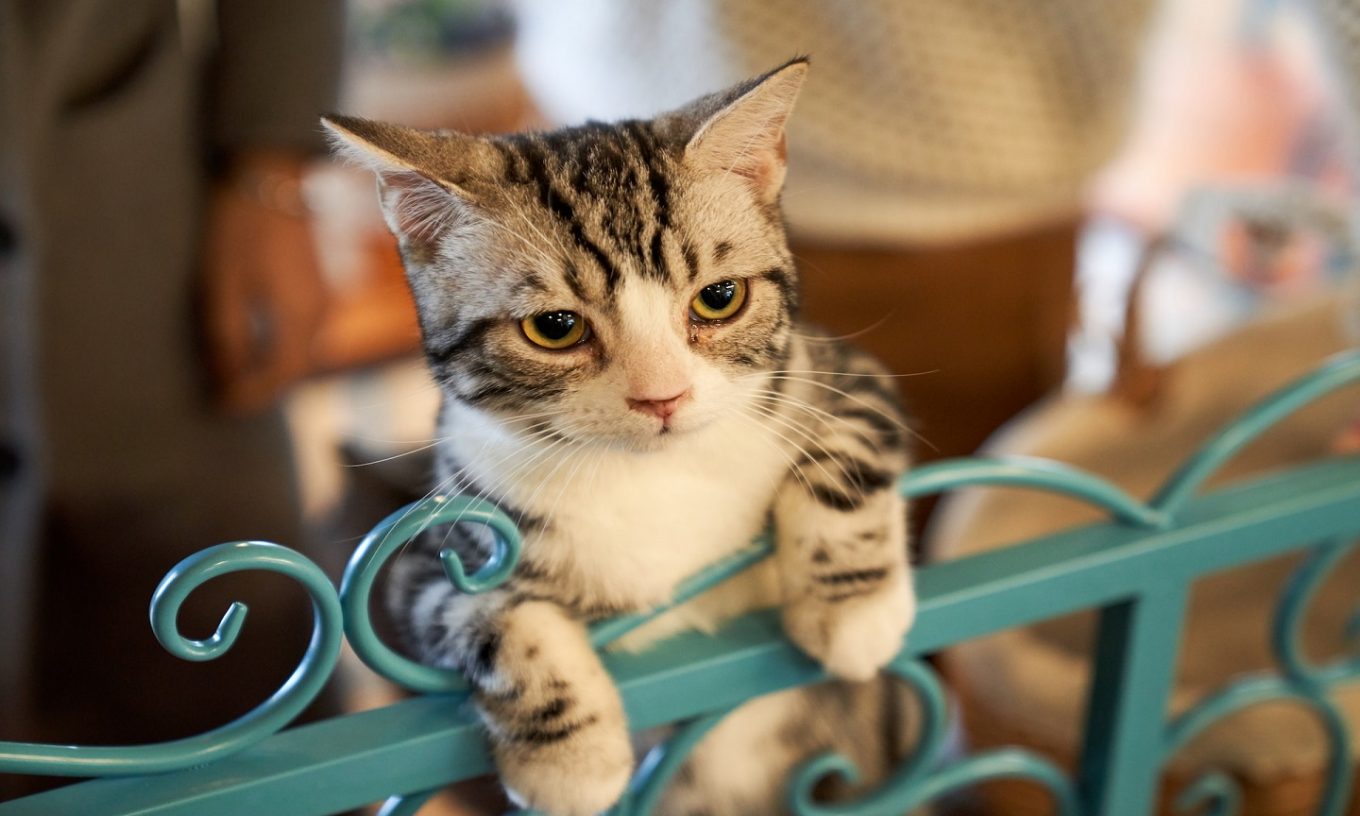Afternoon light spills in through the window above my kitchen sink. Outside, autumn leaves, crisp and golden, blanket what was once a well-manicured lawn. Distant crackling signals a young boy’s arrival. He parks his bike next to the garden hose and skips around the yard.
I watch him quietly, curious about this foreign, gleeful creature who imagines the sidewalk as a stage and the streetlamps as spotlights. To him, leaves precipitate from afternoon clouds, shaken loose by gusts of winds clashing in a harmonious banter, and he, in turn, begins to dance with them—more a frolic than anything choreographed. The dying summer flowers, set for slumber, lazily applaud the young child’s performance. He couldn’t be happier.
The neighborhood’s stray cat makes a sudden entrance. The trees inhale, as if in anticipation. I focus on the boy, who, with agility typically unknown to his age, leaps to the left, blocking the feline’s only exit. Nature, in agreement, starts to chant and cheer. The autumn cacophony swirls around this mammalian showdown. The cat bares its teeth, but the boy is too quick. In an instant, he maneuvers his arm under the cat’s belly. The boy strokes its neck and the cat calms down, softly purring in defeat.
The boy turns his head and catches me at the window. A big smile emerges as he presents his victory. The leaves, however, notice me too, and their excitement tapers off. Slowly, their dancing subsides, as they, in foresight, perceive the afternoon’s events. Quietly, they bid farewell to the boy and his trophy. He, in blissful ignorance, returns the formality, promising to dance again. Maybe tomorrow.
The boy walks out of my view, but seconds later I hear the click of a lock, as the backdoor heralds the boy’s entrance with an audible squeal. The autumn breeze pulses through my house and mingles with the stagnant indoor air. The boy neglects to close the door, and soon the lingering breath of nature overstays its welcome. A trickle of leaves march inside followed by a prance of footsteps. Frustration erupts across my face—I hate messes, preferring to keep my house tidy and composed. With a sharp exhale, I turn as my child steps into the kitchen, shoes on, tracking in the rotting outside world.
“Look what I got, mommy! It’s a kitty. Can we keep her?”
I turn back to stare out the window. A headache steps forward and starts a ruckus along my brow. It sprints toward my temple, clanging pots and pans, drumming along the walls. It loudly reminds me that I hate cats and that this boy is standing on my just-mopped floors. Waiting a minute to respond, I squeeze my eyes shut and I slowly pivot back to my kitchen’s intruder, taking three long strides in his direction.
“Please put the cat down,” I say sternly.
“But mom, can we keep her,” he repeats.
“Put the cat down,” I respond in a volume only a few decibels below a shout, placing a strong emphasis on my first and last words.
I raise my hand as if to slap his left cheek and the boy winces. A tinge of regret travels from my palm up to my headache. Both the boy’s smile and the cat simultaneously fall to the ground. He looks downward and to his right, focusing on a single kitchen tile. His hands are still, positioned as if still holding the cat, shielding it from me.
“Little shit!” my mind screams, as my eyes burn holes into his face. The boy probably doesn’t even know why I’m yelling. After what seems like hours in a silent standoff, he returns his stare to my direction. The cat, now slinking in the corner, senses an escape and flees toward the still-ajar backdoor and out into the yard.
I feel my face contort itself into a grimace as I am consumed by the rage of someone interrupted while performing an important and difficult task. My hands morph into clenched fists. But as we stare at each other, I can sense that in the boy’s mind, he is far away, transported back to stages and spotlights, performing for the outside world.
I wait for him to run. But he composes himself and finally lets his arms fall to his sides. In that moment, he is a mirror, reflecting back to me my own rage, forcing clarity —how unfounded my fury is, how quickly my regret grows, how resilient innocence is.
Should I yell at him again? Would it change anything? If I scream and shout in search of tears and apologies, will I receive either? He doesn’t try to leave. We are at an impasse, so I walk back to the sink, turning the faucet on if only to end the silence. Cool water runs down my hands, drowning out our heavy respiration. My headache, now satiated, curls into a ball and returns to its slumber. Taking a cookie from a tin on the counter, I walk back to the boy who now scratches his arm, a tick developed to cope with these types of moments.
“I’m sorry, mommy,” he says in neither a whimper nor a whisper. It’s the same clear, sincere apology I get every time.
I hand him the cookie. He gives me a hug before heading to his room. I stand in the center of the kitchen, unmoved. Dirt traces the boy’s journey. I’ll clean it up later. My house was once unsullied, pristine, controlled. Another gust of wind runs through its rooms before falling still, as if suddenly dying. The trees surrounding my house stand motionless, casting long shadows. The cat scurries across the street, eager to escape my clean floors. The autumn leaves dance no more.
Photo by Chunli Ju on Unsplash





